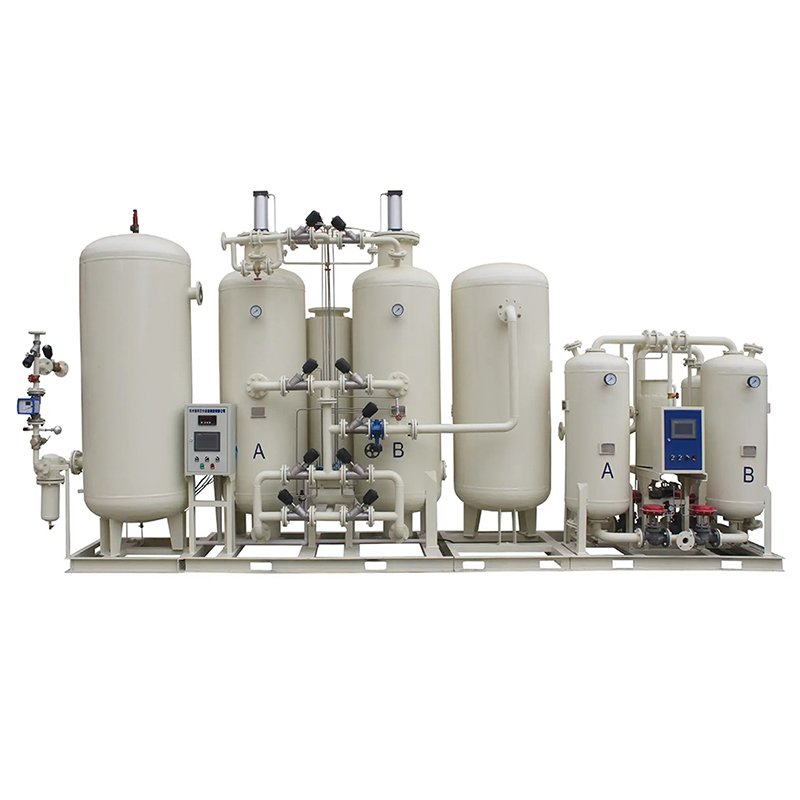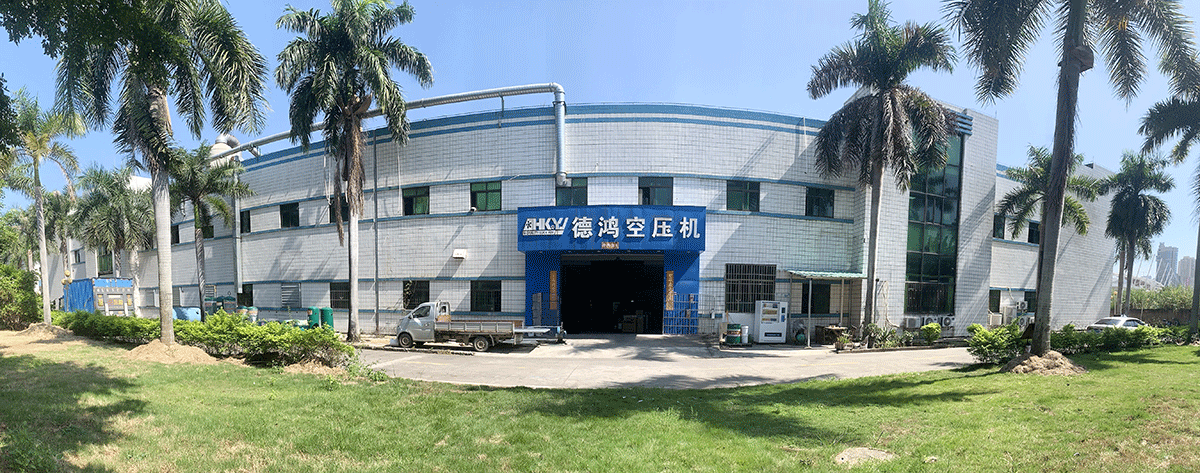
Tel :+ 86 13927313502
E-mail : Dhkyj_sales2@dehongcompressor.cn
Purifying Power: The Future of Compressed Air Treatment Technologies
Revolutionizing the Compressed Air Industry through Advanced Purification

Compressed air is a crucial component in a vast array of applications, ranging from industrial processes to power generation. However, the presence of impurities, such as moisture, oil, and particulates, poses significant challenges to the efficiency and reliability of compressed air systems. To address these issues, the development of advanced compressed air treatment technologies has gained momentum.
The Significance of Compressed Air Treatment
Compressed air treatment plays a pivotal role in ensuring the quality and reliability of compressed air. By effectively purifying the compressed air, a range of detrimental effects can be mitigated. These effects include decreased equipment lifespan, increased maintenance costs, compromised product integrity, and reduced overall system efficiency.
Traditionally, compressed air treatment technologies mainly focus on basic purification methods, such as filtration and drying. While these methods are effective to some extent, they fail to address increasingly stringent purity requirements and the evolving demands of diverse industries.
Advanced Purification Technologies
In recent years, significant advancements have been made in compressed air treatment technologies, revolutionizing the way impurities are removed from compressed air systems. One groundbreaking technology is adsorption-based air dryers.
Adsorption-based air dryers utilize special adsorbents, such as activated carbon or desiccants, to attract and retain moisture and other contaminants present in the compressed air. These advanced dryers offer superior moisture removal capabilities, ensuring a consistently low dew point while preserving the purity of compressed air.
Furthermore, the industry has witnessed the emergence of innovative purification techniques, including membrane filtration and catalytic converters. Membrane filtration systems employ a selective membrane to separate impurities based on molecular size, delivering high-purity compressed air. Catalytic converters, on the other hand, utilize catalytic materials to facilitate the oxidation or breakdown of contaminants, providing an efficient means of eliminating oil and other harmful substances.
The Future of Compressed Air Treatment
The future of compressed air treatment is poised to witness significant advancements in purifying power. Researchers and engineers are actively exploring novel technologies that combine multiple purification methods to achieve unparalleled levels of air purity.
One promising development is the integration of nanotechnology into compressed air treatment. Nanomaterials show immense potential for enhancing filtration efficiency and removing contaminants at the molecular level. By leveraging the unique properties of nanoparticles, compressed air systems can attain an unprecedented level of purification.
Additionally, advancements in data analytics and sensor technology will enable real-time monitoring and optimization of compressed air treatment systems. By analyzing various parameters, such as pressure, humidity, and particle concentration, system performance can be continuously optimized, leading to improved efficiency and reduced energy consumption.
The Benefits of Advanced Compressed Air Treatment
The adoption of advanced compressed air treatment technologies brings numerous benefits for industries reliant on compressed air systems. These benefits include enhanced product quality, reduced equipment downtime, improved energy efficiency, and lower maintenance costs. Moreover, the deployment of advanced purification methods promotes environmental sustainability by minimizing air pollution and reducing carbon emissions.
Conclusion
In conclusion, the future of compressed air treatment technologies offers unprecedented potential to revolutionize the industry. Through the integration of advanced purification methods, such as adsorption-based dryers, membrane filtration, and nanotechnology, compressed air systems can achieve remarkable levels of purity. The continuous advancement in data analytics and sensor technology further ensures optimal system performance and energy efficiency. Embracing these advancements will not only enhance the reliability and efficiency of compressed air systems but also contribute to a more sustainable future.

Huizhou Dehong Air Compressor Co., Ltd. is a high-tech enterprise that specializes in the research and development, production and sales of pneumatic equipment. Its main products include screw air compressors, dryers, gas storage tanks, pipeline filters, nitrogen generators, pneumatic equipment, pneumatic tools and pneumatic components.






